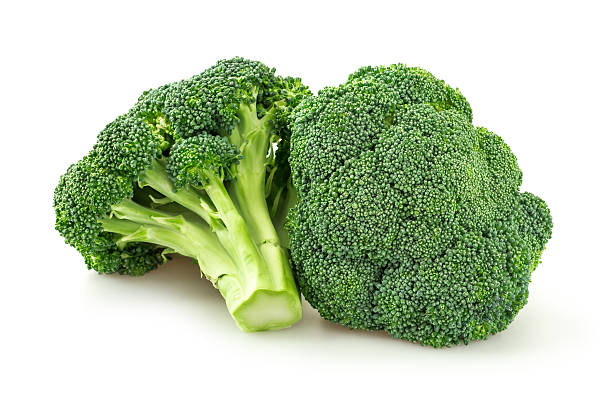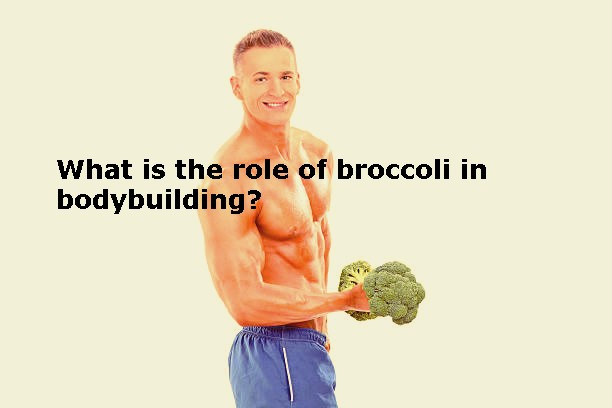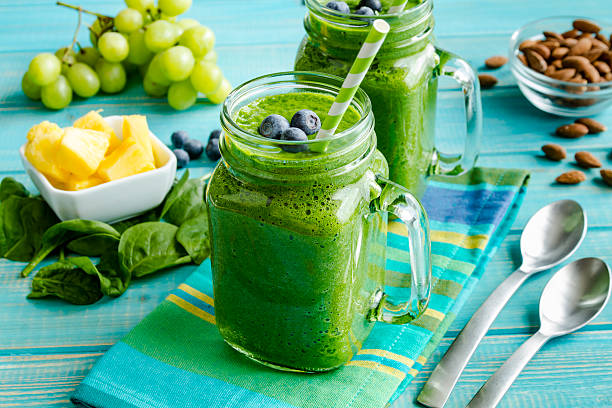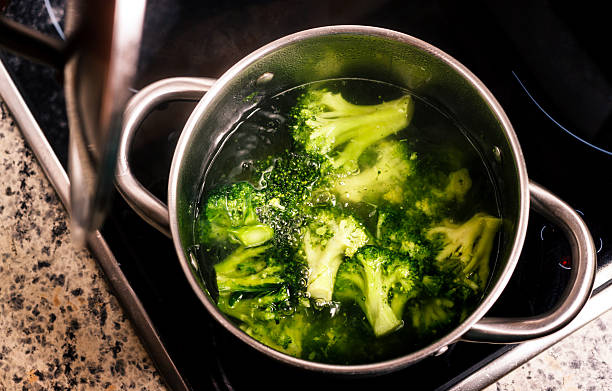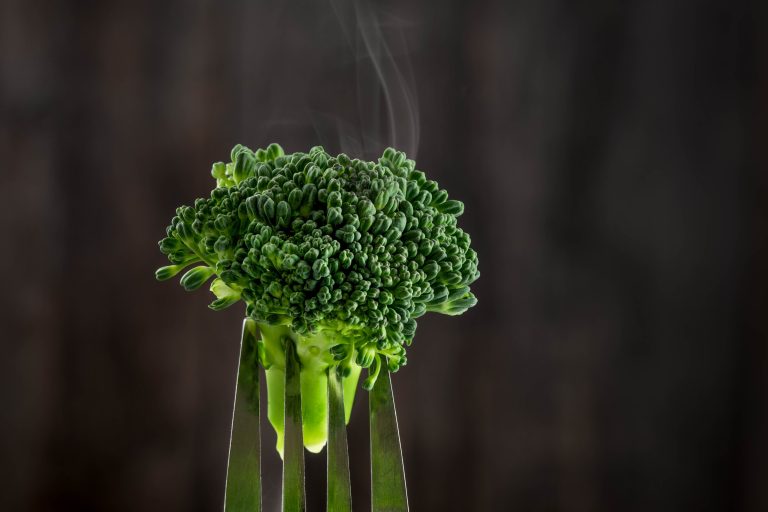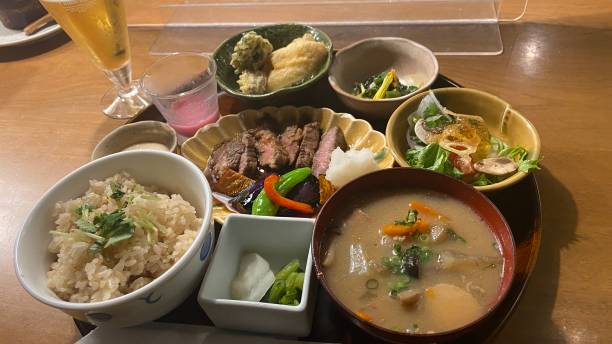Broccoli and Glycemic Index…. find out their connection in this article
Broccoli is a powerhouse food that has become increasingly popular among health enthusiasts and food lovers alike. It’s full of fiber, vitamins, minerals, and antioxidants that promote overall health and well-being.
However, did you know that broccoli also has a low glycemic index? In this post, I’ll be sharing the benefits of eating broccoli with a low glycemic index, tips for cooking it, and the right time to consume it.
So grab a cup of tea, sit back, and let’s dive in.
Table of Contents
What is Glycemic Index?
It’s a measure of how quickly food raises your blood sugar levels. Foods with a high glycemic index (GI) are quickly digested and absorbed into your bloodstream, causing a rapid and often drastic increase in blood sugar levels. Conversely, foods with a low GI are slowly digested and absorbed, resulting in a more gradual increase in blood sugar levels. Because of the slow release of sugar in low GI foods, they are beneficial in maintaining stable blood sugar levels. source
Broccoli And Glycemic Index
Broccoli has a low glycemic index, making it a great choice for people who have to watch their blood sugar levels. One cup of broccoli has a GI of just 10! Broccoli is also rich in fiber, which helps slow the release of glucose into your bloodstream, preventing rapid spikes in blood sugar levels. It’s also a low-calorie vegetable which makes it perfect for those watching their calorie intake.
The Best Way to Cook Broccoli
Now we know that broccoli has a low glycemic index, let’s talk about the best way to cook it. Cooking broccoli can affect its glycemic index depending on the specific method. Boiling broccoli can increase its glycemic index, but steaming it can help maintain its low GI. Furthermore, roasting broccoli in the oven with olive oil and salt makes it a delicious side dish to any meal, and keeps its glycemic index low.
When is the Best time to Consume Broccoli?
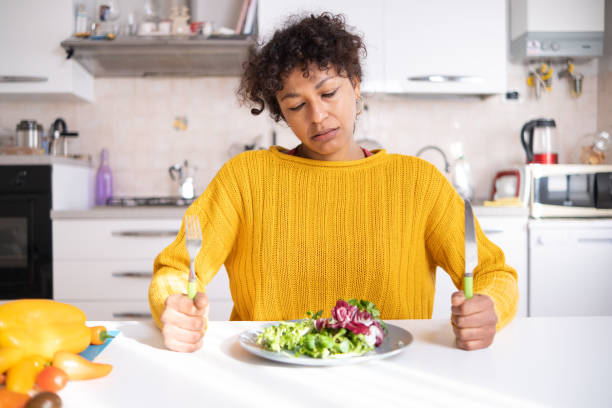
Many health experts recommend consuming broccoli in the morning or early afternoon. This is because it’s a powerful source of vitamin C, which boosts your immune system, and a good source of folate and fiber which promote digestion.
Eating broccoli in the evening could cause gas and bloating as it takes time to digest, which might disrupt your sleep.
Final Thoughts
Broccoli is a superfood that should be included in your diet. Not only is it packed with vitamins, minerals, and antioxidants, but it also has a low glycemic index that promotes stable blood sugar levels.
When cooking broccoli, steam or roast it to maintain its low GI. And consider consuming it in the morning or early afternoon to reap the full benefits of its nutrient density.
By including broccoli in your diet, you’ll be treating your body to an abundance of health benefits all while indulging your taste buds. So mix things up and add some broccoli to your next meal!

